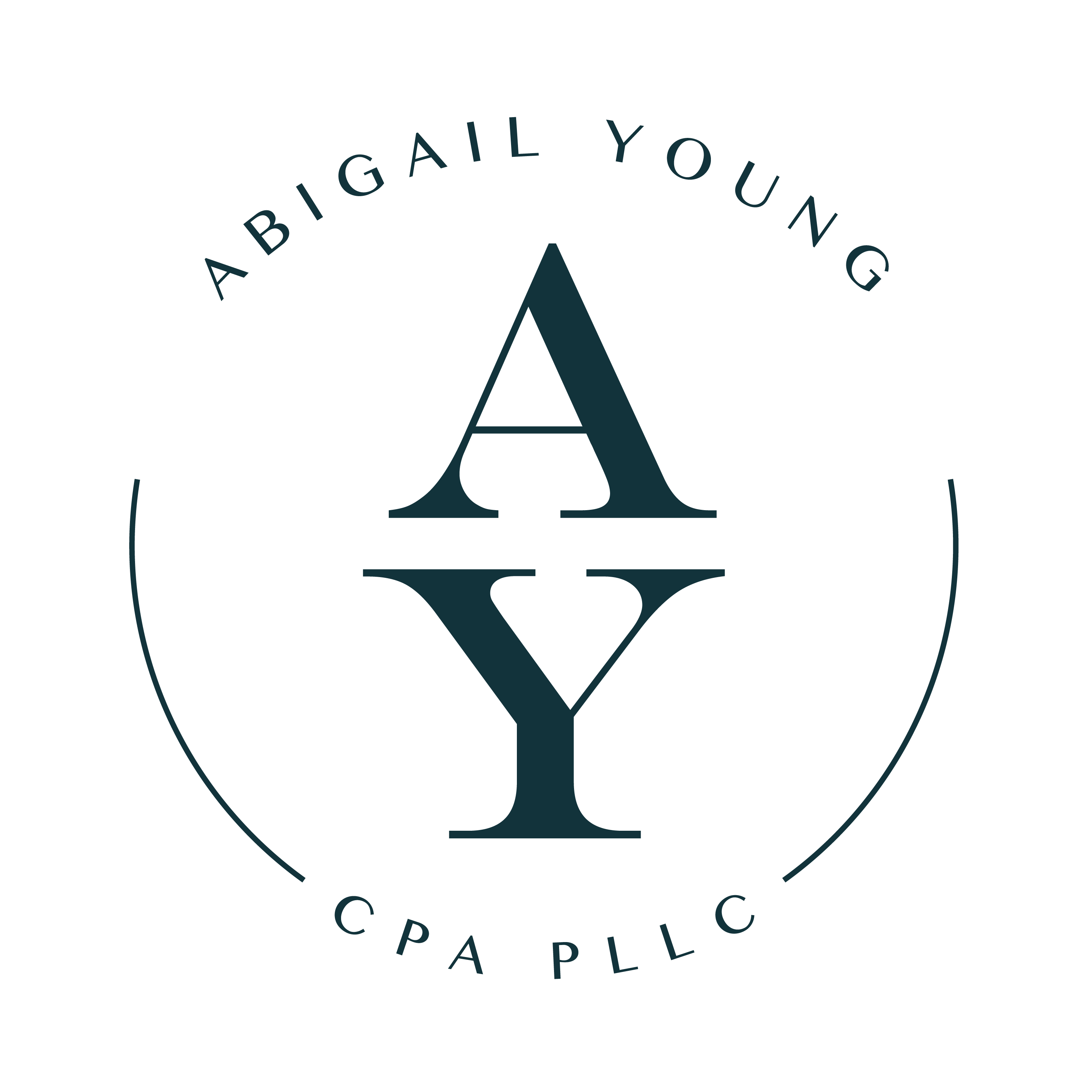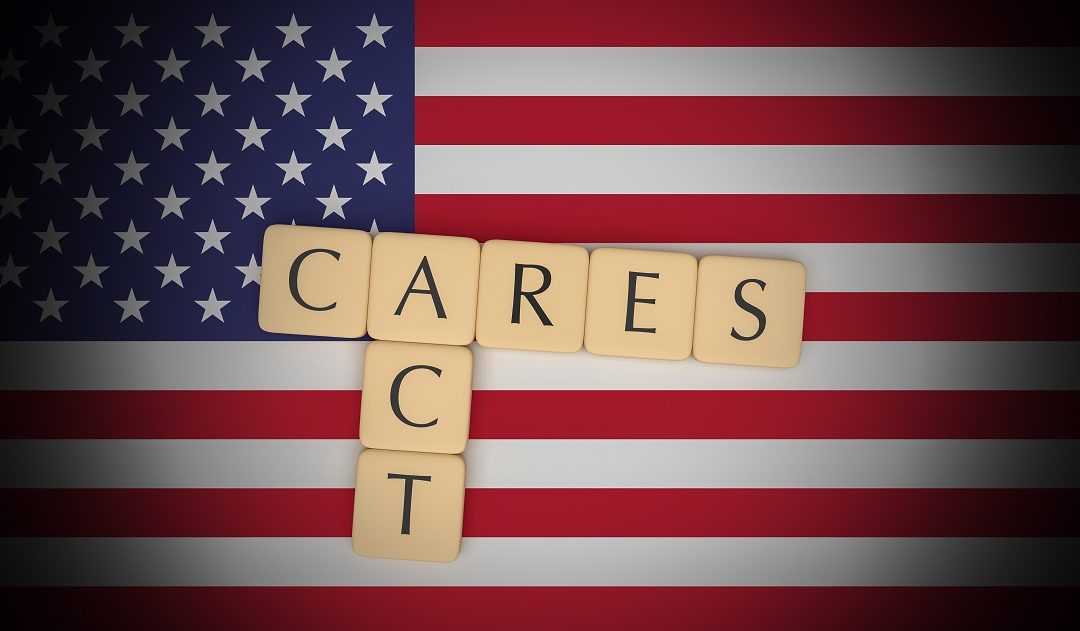What You Need to Know About COVID-19 Relief
In order to help meet the needs of U.S. citizens in this difficult time, the U.S. government has passed a relief package and put in place certain rules and regulations that guide how businesses should or can react to the COVID-19 crisis. Changes in bureaucracy and red-tape can be confusing, but your virtual CFOs in McAllen at Abigail Y. Murray CPA, LLC, can help your business seek economic assistance during such uncertain times.
1. Tax Deadline Extended
Perhaps the most straightforward form assistance provided is the extension of the tax deadline. Tax deadlines are automatically extended from April 15th to July 15, 2020. Taxpayers can also defer federal income tax payments due on April 15th to July 15, 2020, without penalties and interest, regardless of the amount owed. This deferment applies to all taxpayers, including individuals, trusts and estates, corporations, and other non-corporate tax filers as well as those who pay self-employment tax.
2. New Regulations for Businesses
Based on provisions put in place by the Internal Revenue Service (IRS), there are requirements businesses must follow regarding providing sick pay for COVID-19 related issues:
- Businesses must give sick pay of up to 80 hours up to $500/day for 10 days— this will be reimbursed on your payroll tax report, dollar for dollar.
- Businesses must give sick pay to employees who can’t work because they have children to care for at home. This payment must be provided for up to 80 hours up to $200/day for 10 days. This will also be reimbursed on your payroll tax report, dollar for dollar.
- The tax deadline to file and pay has been extended to July 15th and the installment agreements, Offers in Compromise, and Audits from the IRS are on hold.
You can also apply for the Paycheck Protection Program for loans of up to two and a half times the average monthly payroll based on the previous year. This program covers employees salaries, wages, tips, vacation, Family and Medical Leave Act payments, and health insurance up to wages of $100K. These payments are available on a ten year note at 4% with a deferral of principal and interest payments of six months.
3. New Regulations for Individuals
Whether you own a business or work for one, getting through this health crisis may not be so easy. To help individuals make ends meet, the virtual CFO of Abigail Y. Murray CPA, LLC, would be happy to help you work through your options. The following assistance is offered as a part of the Coronavirus Aid, Relief, and Economic Security Act (CARES) passed by the federal government on March 27th:
- Additional federal unemployment benefits of $600 per week are available through July 31, 2020.
- A one time individual tax credit of $1,200 will be available for single individuals who make $75,000 a year or less. Others may qualify depending on whether filers have dependents. According to Treasury Secretary Steven Mnuchin, these checks should come in the next two to three weeks.
There are also provisions in the CARES Act that are meant to assist those relying on retirement funds for living expenses:
- Take distribution penalty-free of up to $100k with up to 3 years to pay it back.
- The loan limit from Qualified Retirement plans increased from $50,000 to $100,000.
4. Small Business Association Loans and Application
Assistance may also be available through the Small Business Association (SBA) for individuals and small businesses. The SBA is offering loans of up to $10,000 for disaster relief for homeowners and sole proprietors.
Loans are available based on credit score and other requirements, and their applications are due by the 31st of March. An extension is possible, but there is no guarantee. Important applications are listed below:
- U.S. Small Business Association Disaster Home/Sole Proprietor
- U.S. Small Business Administration Economic Injury Disaster Loan Supporting Information (EIDL)
Sec. 7(b) of the Small Business Act has been modified and allows small businesses to apply for an EIDL of up to $2 million at 3.75% with no payments due for a year and then quarterly payments for a max of 30 years backed by the government for the purposes of working capital. Its deadline was extended until September 30th, 2020, and there is a provision for a $10,000 emergency advance (within three days of submitting an application) while an applicant’s loan application is pending, which SBA will not require to be repaid.
5. Shared Work Plan at Texas Workforce
To help combat the economic hardships created by this crisis, you can create a shared work plan through the Texas Workforce Commission (TWC). If your workforce is cut from 10-40%, TWC will supplement the wages by employee class.
A. Employer Eligibility
To be eligible, your business must be reducing hours by 10-40% each week. This can vary between office, shop, sales, fabrication, etc. Employees must be notified and it must be offered as an alternative to layoffs, and benefits must continue, if offered.
To apply, you will need to gather some specific information. You can find a list of what you need below:
- Your company’s name, address, telephone number, and fax number.
- The contact information for an authorized representative with signature authority.
- Your TWC Tax Account Number.
- The union name, local union number, and the union official’s name for any unions affected by the plan.
- The names and social security numbers of all participating employees you want to enroll in the plan.
Once approved, you will need to submit weekly or bi-weekly payment requests on behalf of employees participating in the program and also establish a claim for benefits. You will also need to certify the number of hours worked by each participating employee.
If you cannot access the Employer Benefits Services site, you will need to complete the appropriate forms and email them to ui.sharedwork@twc.state.tx.us or fax them to 512-936-3250.
B. Employee Eligibility
While workers may choose not participate, shared work unemployment benefits are payable to all employees who qualify and participate in an approved Shared Work Plan. Those who qualify may receive both wages and unemployment benefits.
Employees who work 40 hours a week normally and have seen those hours reduced can be paid for those wages via the Shared Work Plan. An employee who regularly works overtime may not be eligible for shared work benefits for a reduction in their hours.
If the employer’s Shared Work application is approved, shared work employees must then meet the following requirements:
- Submit their unemployment claims on Unemployment Benefits Services.
- Be eligible for regular unemployment benefits.
- Accept all work offered by the participating employer.
- Be able and available for work with the employer.
Some employees may qualify for Shared Work pay while others may not for similar work. Eligibility depends on how many hours an employee normally works. Those who apply for Shared Work unemployment benefits don’t need to search for other work to qualify.


